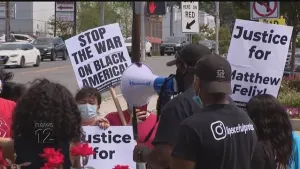More Stories
Alonzo Younger is retired from corporate sales and lives in Uniondale. He offered his views on the protests now as former protester himself.
Back in 1969 while a student at Howard University, Younger protested at the White House. He calls it "an unbelievable experience."
"To me it's a sense of pride," says Younger. "I have a sense of pride at watching the protesters, because they understand that they really, can't promote violence and be effective. They've been able to separate themselves, the serious protesters, have been able to separate themselves from the looters and the people that are there to stir up trouble. That happened within the course of about a week, within three or four days. That was terrific. Because it went from the first day or two with a lot of conversations about looting and violence, to about fourth or fifth day was more focused on peaceful protests, on nonviolent protests. That was terrific."
MORE: Reflections on Race: 'Out here, people are very afraid to speak up'
MORE: Reflections on Race: 'Take off your colorblind glasses and look at the harm'
MORE: Reflections on Race: 'We need people to be more prominent activists in understanding privilege'
MORE: Reflections on Race: 'Take off your colorblind glasses and look at the harm'
MORE: Reflections on Race: 'We need people to be more prominent activists in understanding privilege'
Younger grew up in suburban Trenton, New Jersey, in a Black, middle class community, but he went to predominantly white schools.
"We went to a predominantly white schools," says Younger. "The population for minorities, Blacks, was around 10-12%, so we lived with and went to school with our classmates, our white classmates, and went to school right on through. And for the most part, we got along pretty good ... we didn't witness a whole lot of overt racism. Quite frankly, there was a little underneath. Guys would have little scuffles every once in a while, but guys have scuffles anyway. So, it really was a darn near ideal situation ... The N-word may have been dropped, but that meant immediate fight. So you didn't hear too many N-words being dropped, so … but we suspected there were some issues behind that."
MORE: Reflections on Race: 'Anything that I want for myself, I want for you'
MORE: Reflections on Race: 'People should be more aware.'
MORE: Reflections on Race: 'People should be more aware.'
Younger read a letter he wrote to his now 27-year-old son. In the letter, he details the time before his son was a teenager, and how he and his family learned about a teenager who'd been shot by police when running away from them. The letter lays out how that incident made him talk to his son about what to do if he comes in contact with the police, what is commonly known in families with young Black sons as "The Talk."
Younger described the fear he lived, and still lives with, because, "Our fear's a real fear because we know the odds of something happening to them is greater than most."
More from News 12
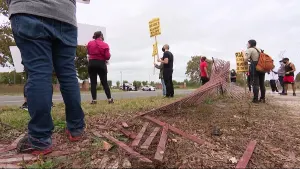
Long Island group gathers at Brentwood State Park to demand justice for Breonna Taylor
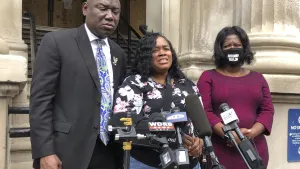
City to pay millions to Breonna Taylor's mom, reform police
2:46
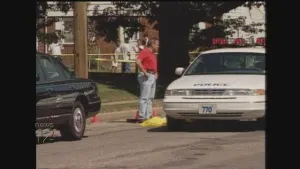
Nassau District Attorney's Office to reinvestigate 1998 Hempstead police-involved shooting
1 day, 11 hours
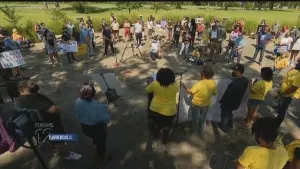
Protesters hold rally outside of Dennison Building in Hauppauge to fight for police accountability
21:27:47
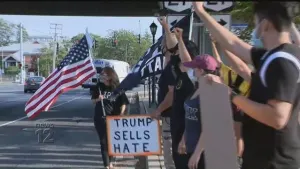
Merrick rally demands justice for Jacob Blake, Black man shot 7 times by Wisconsin police
1 day, 15 hours
